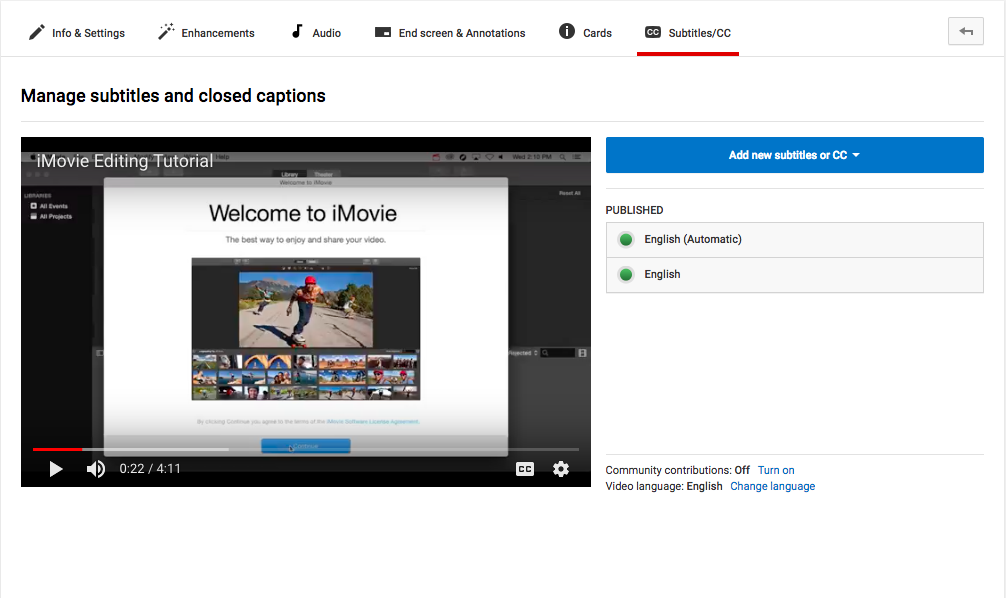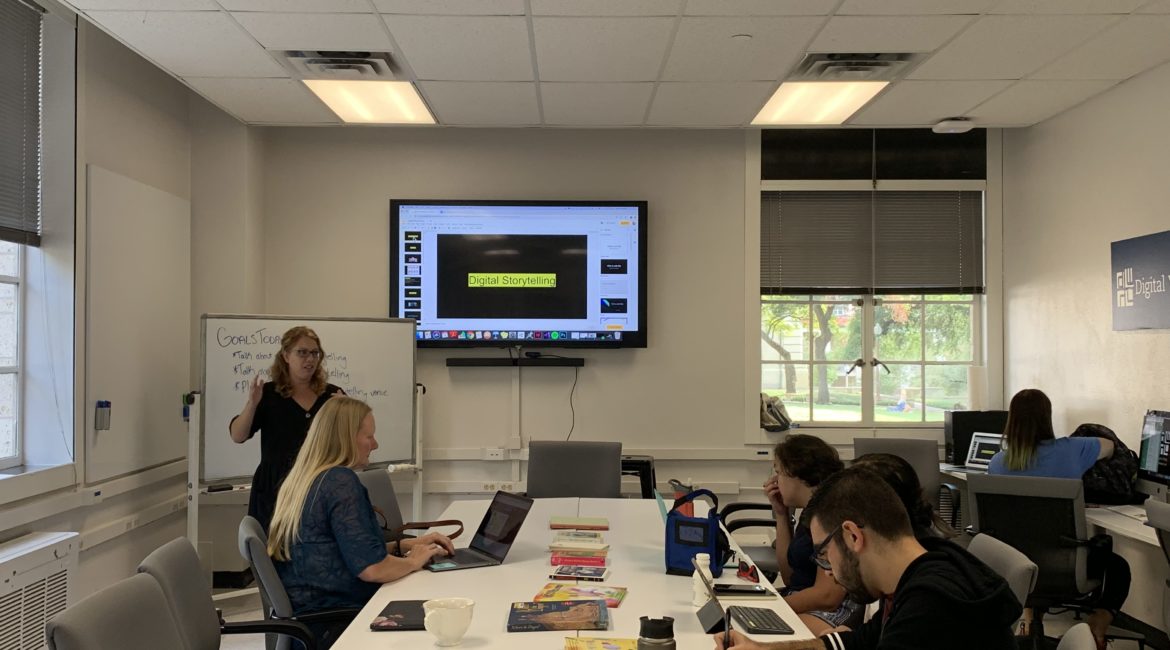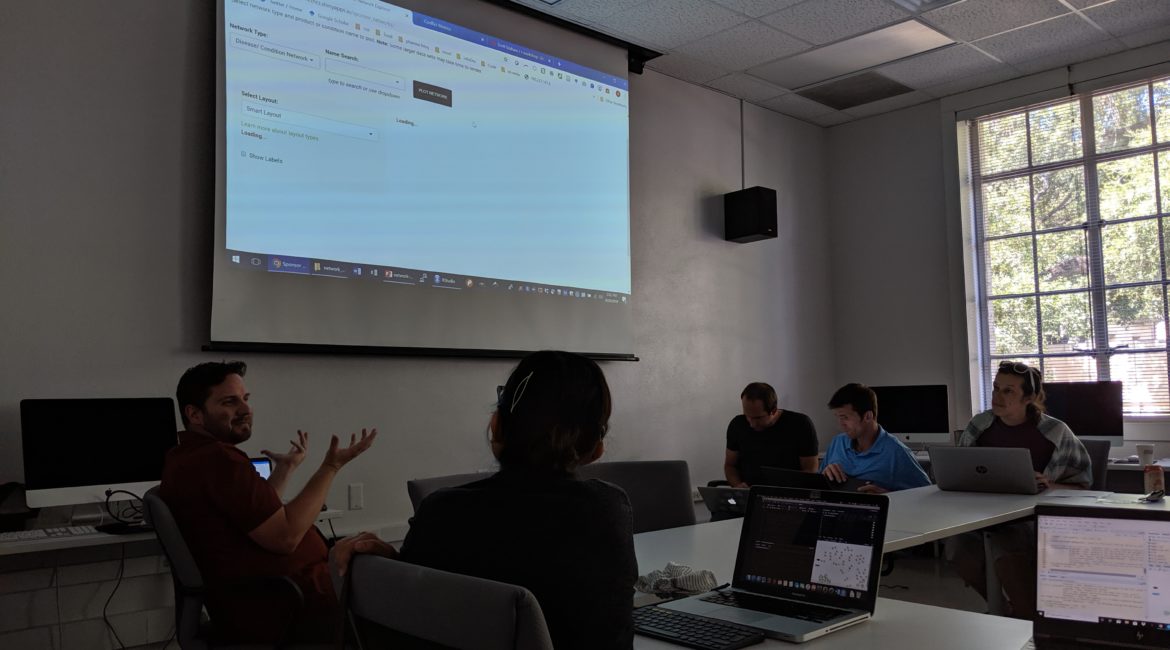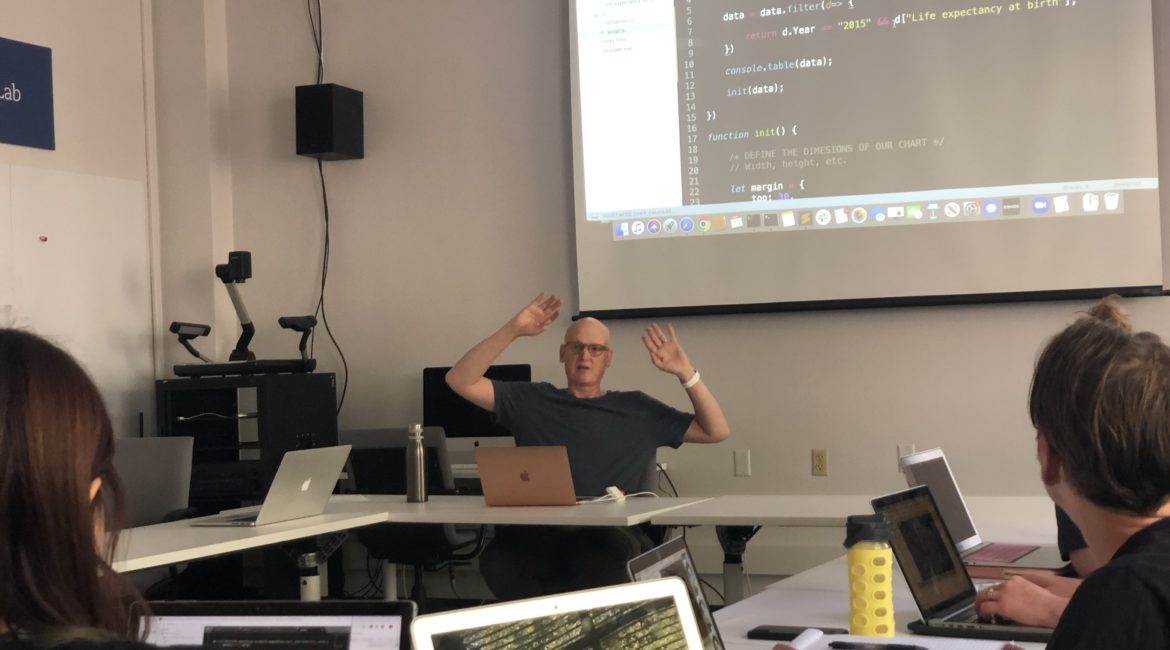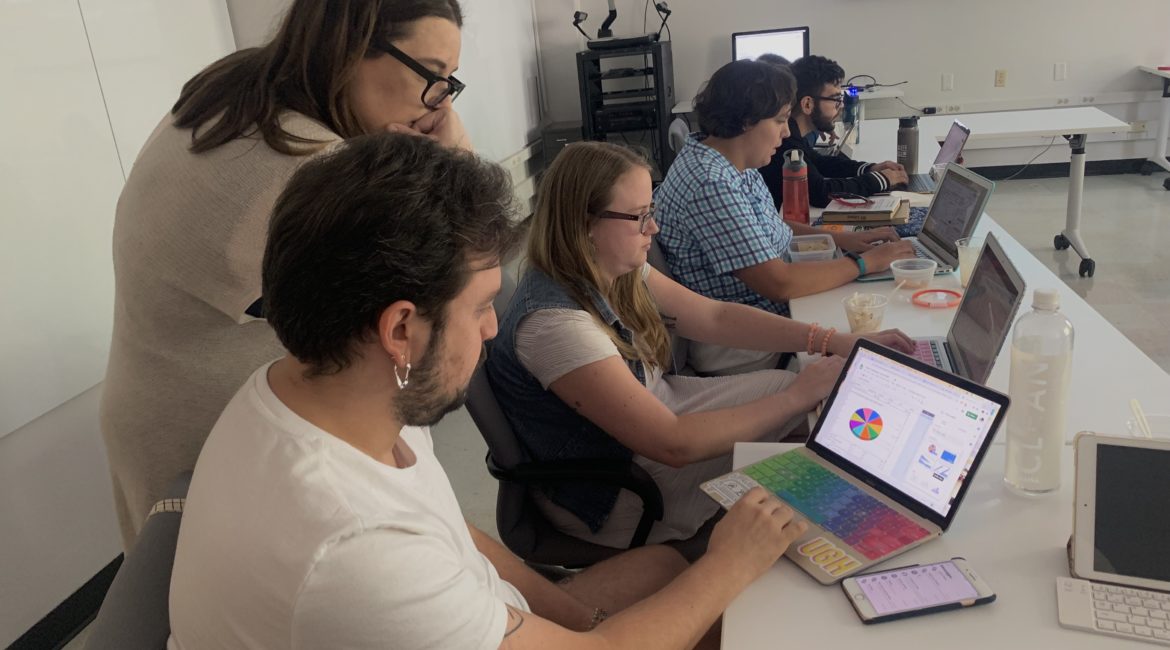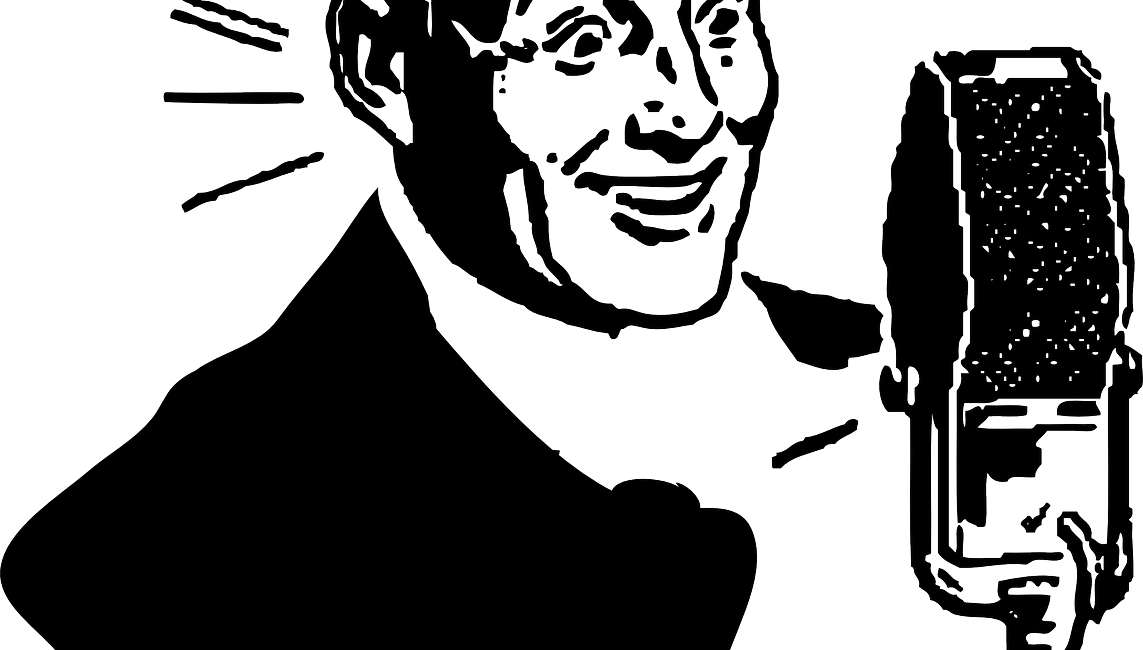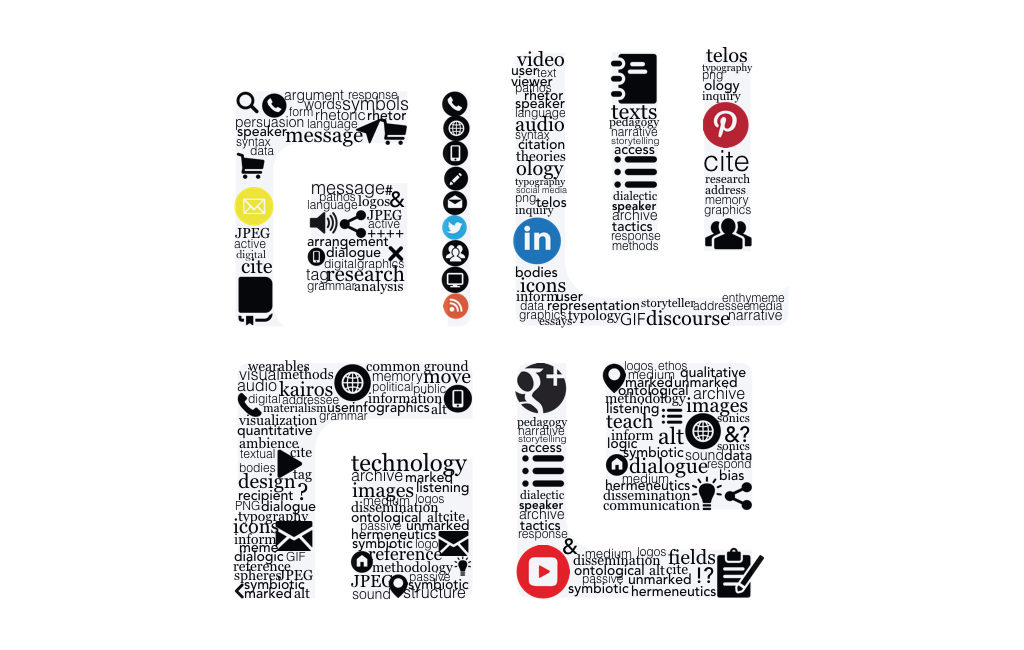As limited funding and job availability looms for those immersed in humanities scholarship, the idea of taking on another set of knowledge proves impossible for many emerging scholars. Because of the large body of knowledge they must acquire within their fields, developing scholars must also work to create legible projects...
Workshop Recap: Closed Captioning in YouTube
In this workshop, the DWRL staff uploaded instructional videos to YouTube. The staff then proceeded to generate/edit closed captions for these videos. YouTube will automatically caption the video after a period of two to four hours from the initial upload. There are independent software programs, such as Amara, that will...
Workshop Recap: Photo Essays with WordPress
Last Friday, Sierra Mendez led the DWRL in a digital storytelling workshop on creating photo essays with WordPress. The workshop began with a video of Kurt Vonnegut explaining types of plot structures common in storytelling, such as “Man in Hole,” “Boy Meets Girl,” and “From Bad to Worse.” Sourced from:...
Workshop Recap: Network Modeling in R
For week three of skills workshops, Dr. Scott Graham, Assistant Professor in the Department of Rhetoric and Writing at the University of Texas at Austin, guided DWRL students through the concept of Network Modeling in R. The workshop began by defining and outlining what a network represents and how a...
Workshop Recap: Data Visualization
Using data to support an argument is standard, but putting together an interpretation of data that sustains your idea is not a simple task. That is why in the second workshop of the 2019-2020 school year, Pulitzer Prize winner Visual Journalist Chris Canipe came to the DWRL to teach us...
Workshop Recap: Making Sense of Data
In the first workshop of the 2019-2020 school year, PhD candidate Amy Tuttle came to instruct the DWRL staff on making sense of data. While working with data can be terrifying to many humanities scholars, Amy sought to demystify the process of working with data for us all. Amy Tuttle...
Lesson Plan: Teaching Context with Video Creation
Undergraduate students sometimes have trouble leveraging historical context to the end of persuasion. Reasons for this include that they may not see contextualizing (including the use of historical context) as a discrete and substantial task worthy of the same creative intellectual effort given the construction of arguments. That contextualizing is...
Lesson Plan: Analyzing and (Re)Performing Vocality
As rhetoric and composition instructors, we typically have students work with written texts, both in analysis and in production. While we might ask students to answer questions about tone and prosody in written texts, often their analyses remained confined to stylistic concerns without attending to questions of delivery. What gets...
Lesson Plan: Visualizing The News As A Timeline
In today’s information economy, the abundance and production pace of information can make it difficult to follow news coverage of any given topic or event. Whether you are comparing different coverage of the same topic by more than one news source, tracking coverage of a topic in a single source...
Lesson Plan: Soundscape Narration
With audio technology becoming both more advanced and also more affordable, the options for understanding and exploring the ways in which sound and image interact with one another are becoming ever more practically available. Historically, many film directors have been fascinated with the possibilities of different approaches to the use...



